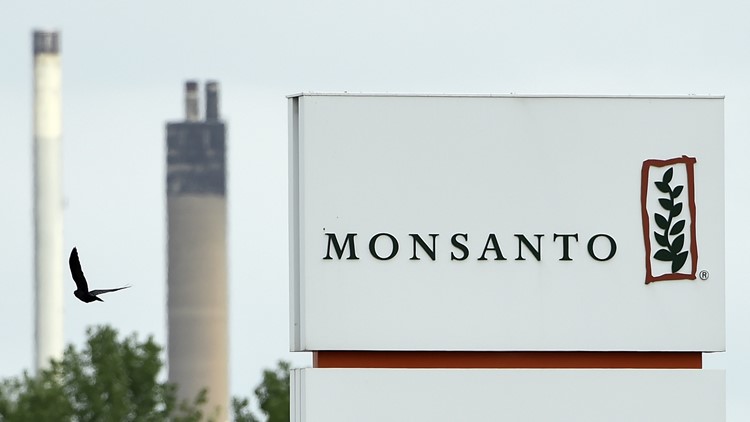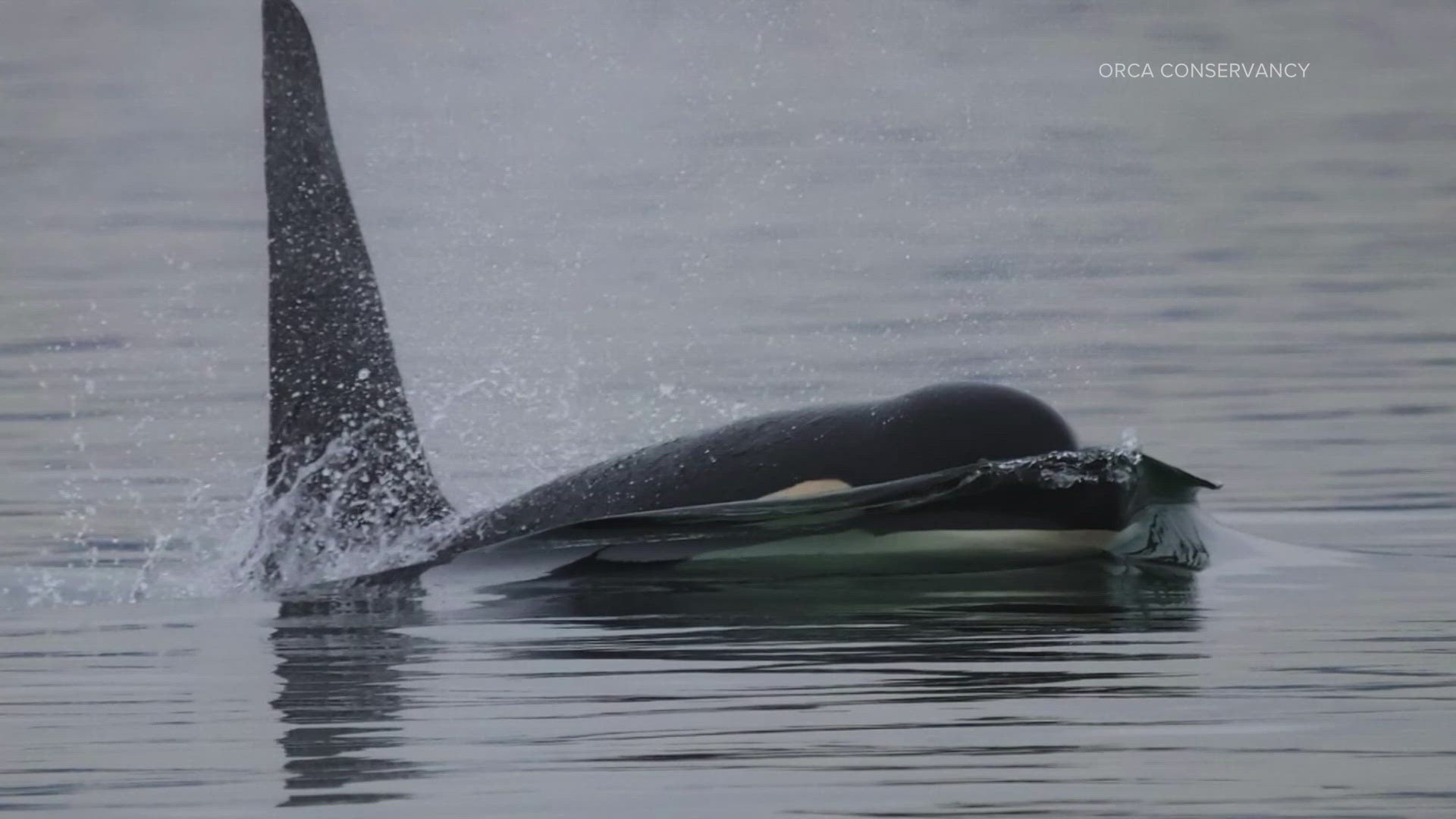SEATTLE — Editor's note: The above video previously aired on KING 5 in 2016 when the state sued Monsanto.
The agrochemical giant Monsanto has agreed to pay Washington state $95 million to settle a lawsuit that blamed it for pervasive pollution from PCBs — toxic industrial chemicals that have accumulated in plants, fish and people around the globe for decades.
The announcement Wednesday from Washington Attorney General Bob Ferguson came as Bayer, which acquired Monsanto two years ago, said it would pay $820 million to resolve PCB pollution claims and up to $10.9 billion to resolve many claims, both current and future, over contamination from or exposure to Monsanto’s Roundup weedkiller.
PCBs were used in many industrial and commercial applications, including paint, coolants, sealants and hydraulic fluids.
“Monsanto knew the dangers of PCBs, but hid them from the public to protect their profits,” said Attorney General Ferguson in a statement Wednesday. “Washington has been shouldering the health and environmental costs of PCB contamination and clean up for decades. This record payment holds Monsanto accountable for the harm they inflicted on our state.”
In 2016, Washington was the first state to sue Monsanto Co., claiming the agrochemical giant knowingly marketed and sold PCBs, despite company awareness that the chemicals were toxic and carcinogenic.
The majority of the money Monsanto is paying will go to the state General Fund, according to a press release. Ferguson is also urging the Legislature to use the funds to help clean the water and protect wildlife such as orcas and salmon.
The remaining funds will be used to pay the costs associated with litigating the case and to help fund the continued environmental protection work of the Attorney General’s Office.
“For decades, Monsanto manufactured and marketed PCBs, despite knowing the tremendous risk that PCBs pose to fish, wildlife and people,” said Gov. Jay Inslee in a statement. “This settlement holds Monsanto accountable for its actions and will help us address the legacy PCB pollution in our waters, fish, lands and air.”



